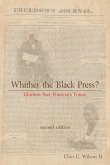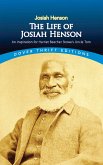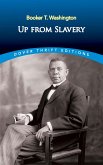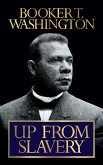
8,95 €
Sofort per Download lieferbar

19,99 €
Versandfertig in 1-2 Wochen
22,99 €
Versandfertig in 1-2 Wochen
2,99 €
Sofort per Download lieferbar
Ähnliche Artikel

16,95 €
Sofort per Download lieferbar

25,95 €
Sofort per Download lieferbar

18,95 €
Sofort per Download lieferbar

2,99 €
Sofort per Download lieferbar

6,99 €
Sofort per Download lieferbar

2,99 €
Sofort per Download lieferbar

1,99 €
Sofort per Download lieferbar

4,49 €
inkl. MwSt. und vom Verlag festgesetzt.
Sofort per Download lieferbar
Ähnlichkeitssuche: Fact®Finder von OMIKRON


